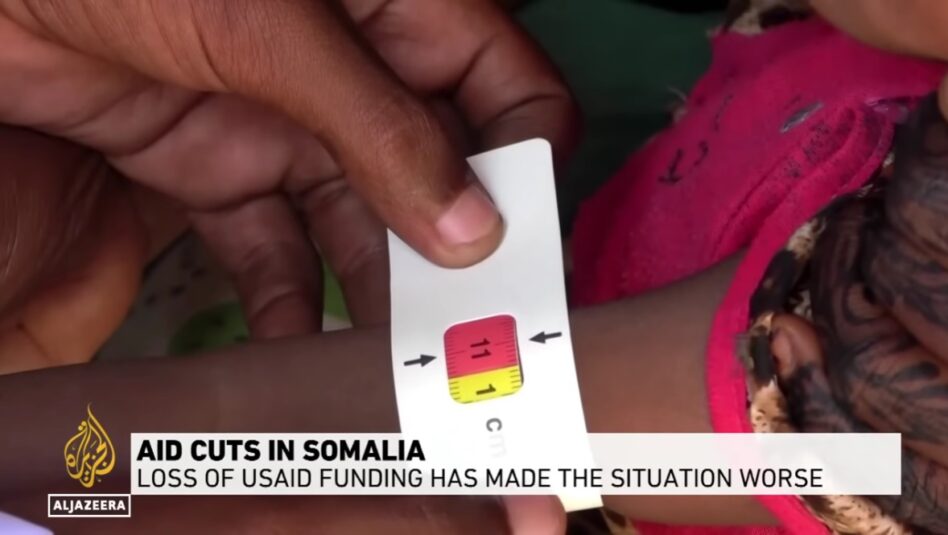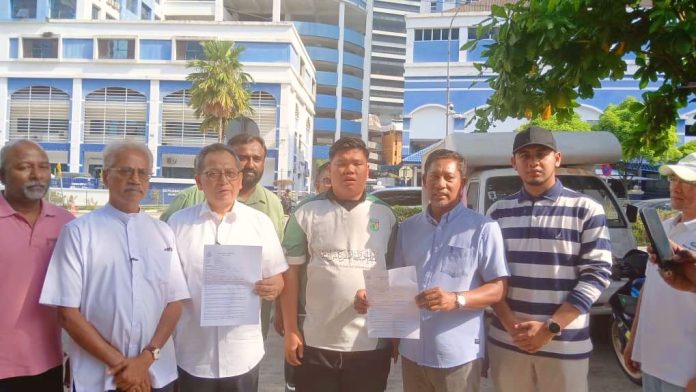By V Sanjugtha
THIS was to be the year of resurgence for the property sector as buyers were expected to trickle back, albeit cautiously. This was to be the year investors see graphs beginning to ascend, while overhang numbers begin to descend.
However, as our politicians tussle for power like toddlers for a lollipop, a virus sweeps through the global arena, depressing economies everywhere and sending stock markets into a spiral. A double whammy as property consultants doubt the property sector can withstand more bad news.
While the general outlook is pessimistic, some market observers do see a positive aspect and believe sentiments will return once the Covid-19 virus is under control and the political situation settles down. Nevertheless, the consensus is hope that the new government will solve the unresolved issues plaguing the market and focus on fundamental issues like infrastructure and affordable housing over mega projects.
Datuk Christopher Boyd, executive chairman, Savills Malaysia tells FocusM that against a backdrop of a potential global epidemic, plus more domestic political uncertainty than we have seen for some time, we are experiencing a resurgence in the investment market.
“Illogical as this may sound, major investors are becoming active and the market is moving. We could not have predicted this, but we are now optimistic that Malaysia is increasingly recognised as a great value in terms of yield and growth potential,” he reveals.
Boyd describes the political turmoil in the country as “a bitter medicine that has washed a lot of the toxin out of the market” but now views the rest of the year with renewed confidence.
Ishmael Ho, CEO, Ho Chin Soon Research does not share similar optimism. He opines that the market needs clear direction on pertinent “hanging issues” such as the alignment of the MRT3, affordable housing and the Kampong Bharu development.
“Planning on the MRT3, for instance, needs to start moving, otherwise the existing alignments would appear incomplete and hinder the targeted public transportation penetration,” he points out.
Ishmael also calls on the new government to ensure affordable housing remains on the agenda. He notes that the previous government, per the Pakatan Harapan manifesto, was supposed to deliver one million affordable homes.
“What is the current status, how many homes have actually been built and most importantly, what will happen to this promise?” he asks.
Ishmael also raises the question on decisions affecting major development, for instance the Kampong Bharu development which had garnered a lot of support and push from the Pakatan government. He says this allowed for discussions that finally led to some progress pertaining to the land issue and arriving at an offer to the landowners.
“So were the past two years just a waste of time? Will there be continuity in the same direction? A new committee will come in, review and reassess, and before you know it, the next general election will be here and it will be back to the drawing block,” he frets.
Ishmael strongly believes that the infrastructure project, affordable housing and other major development need to move quickly in order to spur the construction industry and the economy.
Erik Kho, past president, Malaysia Institute of Estate Agents, says many organisations were optimistic this year as initiatives implemented by the government were beginning to take shape and the reduction of interest rates were expected to further spur the real estate market. Observing the trends in stock markets across the globe, Kho predicts similar trends and uncertainty in the property market.
“Even those with cash will think twice before they invest in property,” he opines.
Kho stresses that affordable housing should remain a pertinent issue and instead of opting for the contra method, responsibility to provide housing for the rakyat should be shouldered by the government. The issue of high compliance costs affecting home prices should also be addressed by the new government.
He opines that the incoming government should look at transit homes as an option for those who cannot afford to buy their own house.
“A sticky financial situation is usually temporary and assuming the individual will improve his or her situation in the future, this will accord them a reasonable shelter while they save to buy their own home,” he elaborates.
Citing the demolished Pekeliling Flats, Kho said this was a good example of what could have been transit homes. The low rental and central location make them ideal. Kho’s suggested model will see the tenants vacating the premises as their financial situation improves, making room for those who need them.
“Prime land should not be easily handed over to the private sector, especially at the expense of losing public amenities, like what happened with the Pekeliling Flats. More so when the private sector profits from it,” he says.
Instead, Kho hopes the government will hold on to the land near MRT stations for development into low-cost transit homes for the rakyat. This will also eliminate car loan payments and free up income for home purchase.
Kho reminds that despite the bleak outlook, there is still potential in some industries such as the manufacturing of face mask and hand sanitizer due to the Covid-19 outbreak.
“There are alway businesses (products) where people will buy whether prices are high or low,”. Kho says, noting there has been some interest in the domestic industrial space as investors are keen to purchase when prices are at the lower end.
Datuk Siders Sittampalam, managing director, PPC International thinks it is too early to determine the direction of the property market, as uncertainty reigns and the people are still “in a state of shock”. Despite the quick action of further reducing interest rates, he is not sure there will be an impact on the market.
“There are other underlying factors, not just the interest rates alone. The availability of funding is also an important factor in property investment or property acquisition,” he points out.
He reminds that the key aspect of spurring the property market is to ensure the economic fundamentals are strong.
“China is one of our key trading partners and its economic slowdown due to the Covid-19 epidemic definitely has an impact on Malaysia and an impact on market sentiments,” he says.
Siders adds that if the market sentiments are poor, no incentive or attraction thrown in will spur it, thus he fears the year will not see the expected recovery in the property sector.
“The market is likely to drag and remain slack for the year. However, certain projects need to go on, such as those involving affordable housing and infrastructure like the MRT3,” he notes.
He also says there are many large projects of national interest hanging on the line, but believes the incoming government will realign resources towards those key to nation building as funding is limited.
“Perhaps the other projects may be slowed down or deferred,” he suggests.
Siders points out the need to focus on developing the agriculture segment to improve productivity and ensure the nation is more self-sustaining. Efforts must also be intensified to create a more conducive environment for investment to flow in.
“The property market is very much tied to economic sentiments, so strengthening the economic fundamentals will move the property market. Affordability must also be looked at while ensuring there is no room for speculation to distort the pricing and reduce investment returns,” he opines.
He hopes the new government will look into these aspects.
“Moving forward, what we will see is all stakeholders adopting a ‘wait and see’ stance which is putting a lot of things on standstill. The focus will be on sustainability. We will also see developers holding on to their landbanks and focusing on sustaining (their business),” he predicts.
Ammeny Chua, founder and managing director, One World Real Estate Group says the opportunities are out there despite the downturn in the economy. She reveals that previously unattractive condominiums priced in the RM500,000 to RM800,000 range are now offered at a 30-35% discount from market price.
“These units now cost less than RM550,000, and are considered a good buy so they are attractive to the segment of domestic investors and buyers who were previously cautious and reluctant to buy due to prices,” she explains, adding that a few hundred units have been successfully sold since last year.
Chua also foresees that the Covid-19 outbreak will open up opportunities in the Hong Kong market.
“During the Hong Kong political unrest, we had many buyers seeking property here via the MM2H (Malaysia My Second Home) programme. We see a resurgence of this trend driven by the virus scare,” she reveals.
She adds that this will aid in sales of some of the units priced at RM1 mil and above. However, she is disappointed that implementation of the price threshold for purchase of property by foreigners will be further delayed due to the political situation.
“Although we are preparing for the threshold of RM1 mil, the lowering to RM600,000 limit will aid in selling more properties and we hope the new government will look into this,” she says.
Chua, however, believes that in a few months, the effects of the virus outbreak and the domestic political situation will take effect and a slowdown in the property market is inevitable.
“There are already signs of some investors pulling out, so the commercial sector mainly office space will be adversely affected,” she warns.
Chua is also pessimistic on the outlook for the industrial sector, as other countries in the region such as Cambodia seem more attractive to incoming industries. She also foresees the political situation further hindering investors from entering the market. – March 5, 2020








